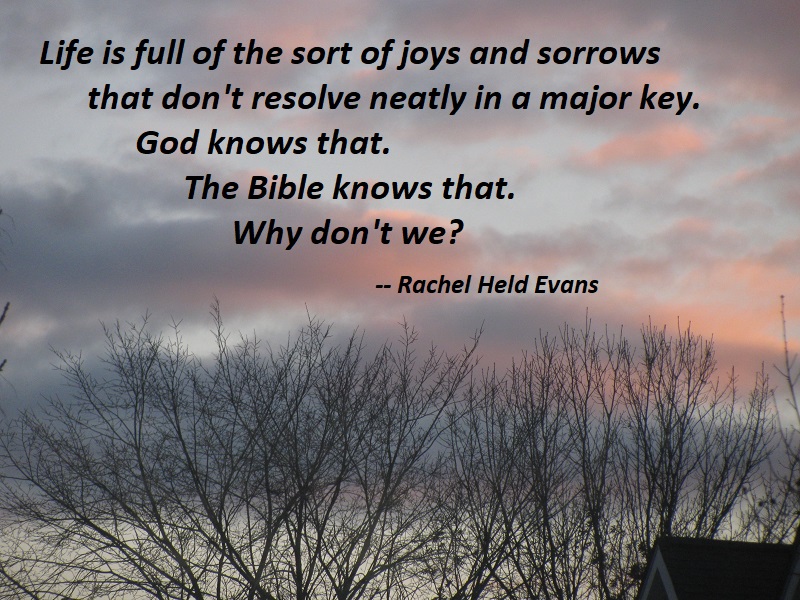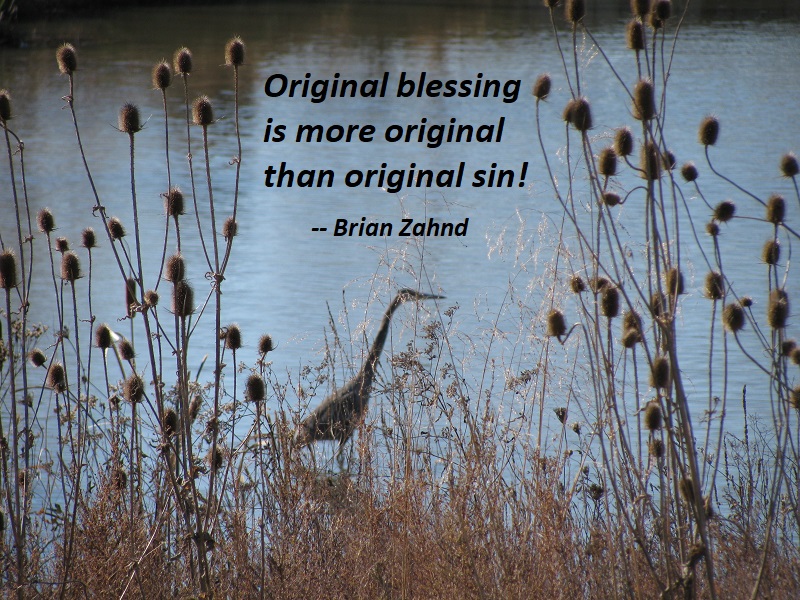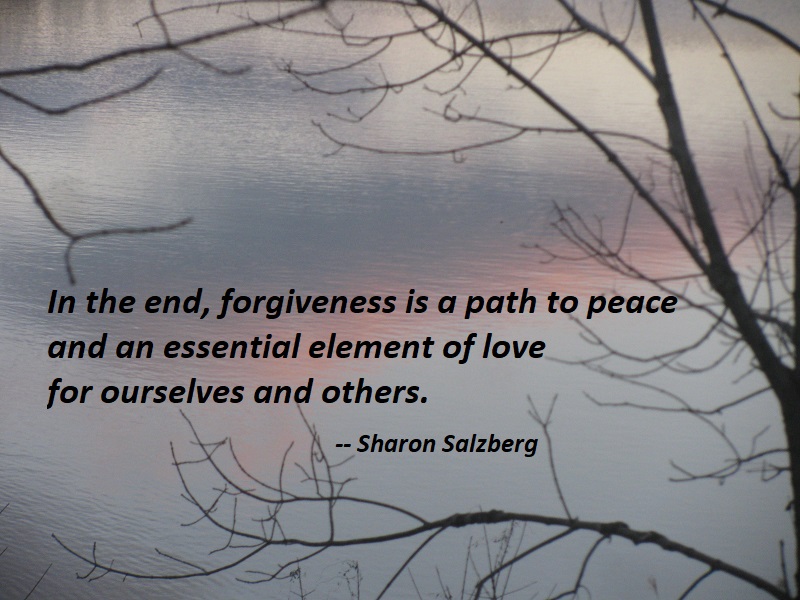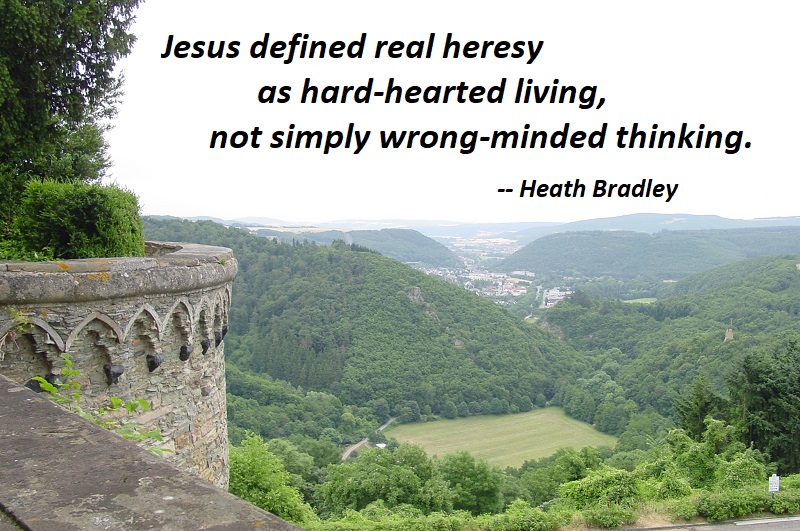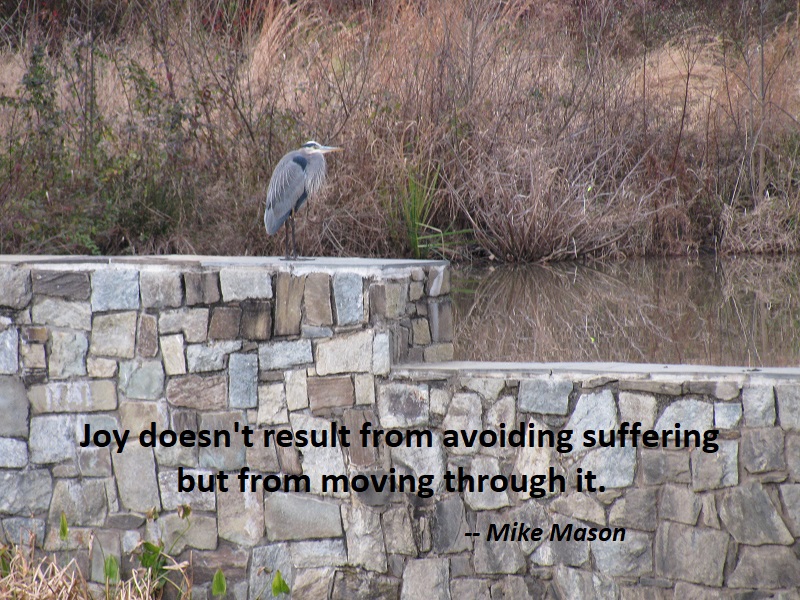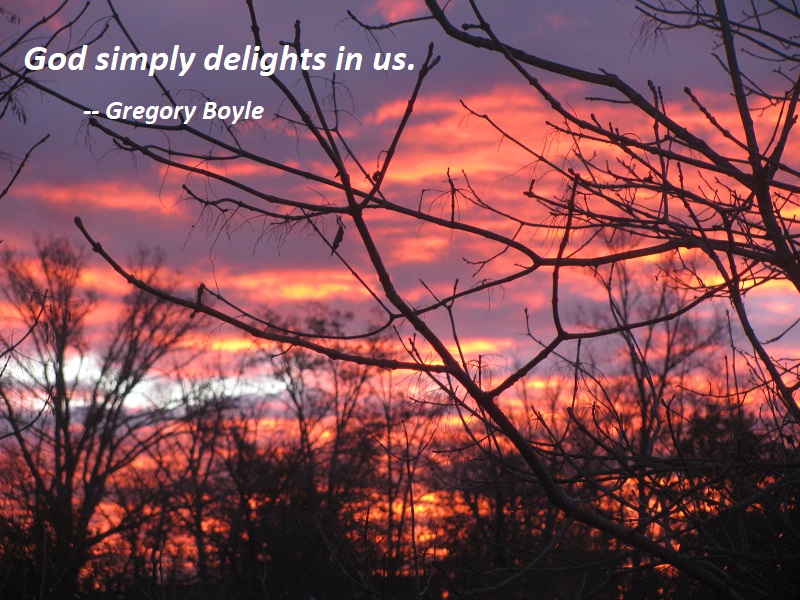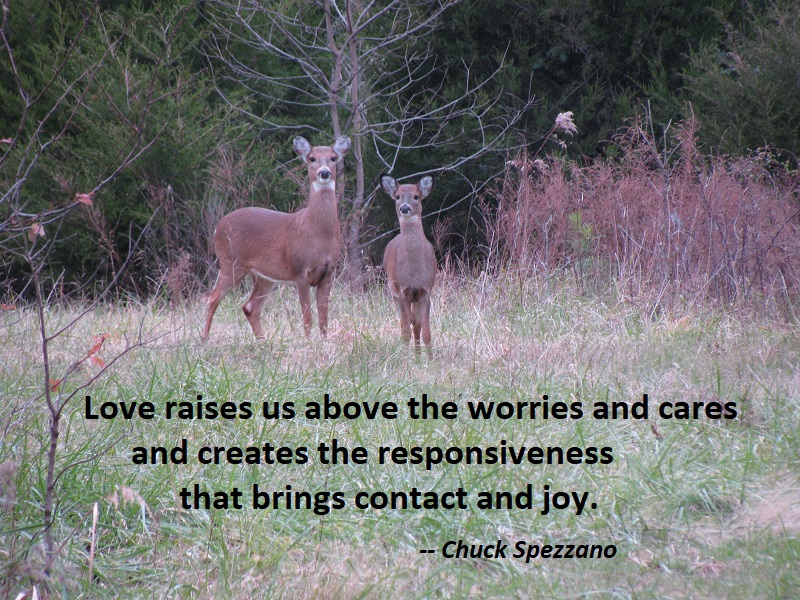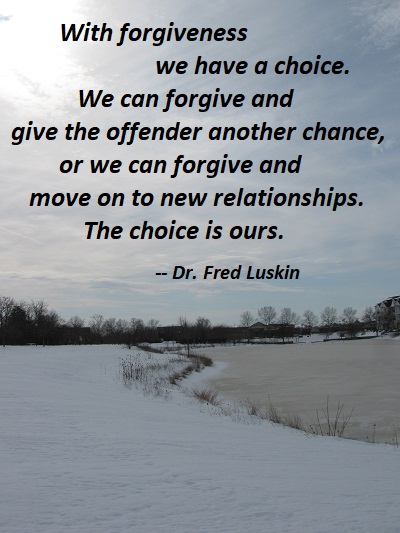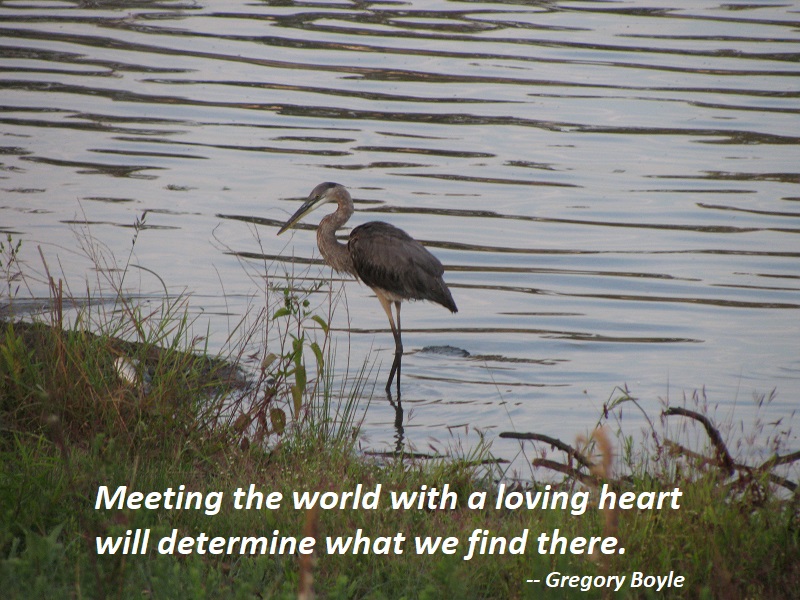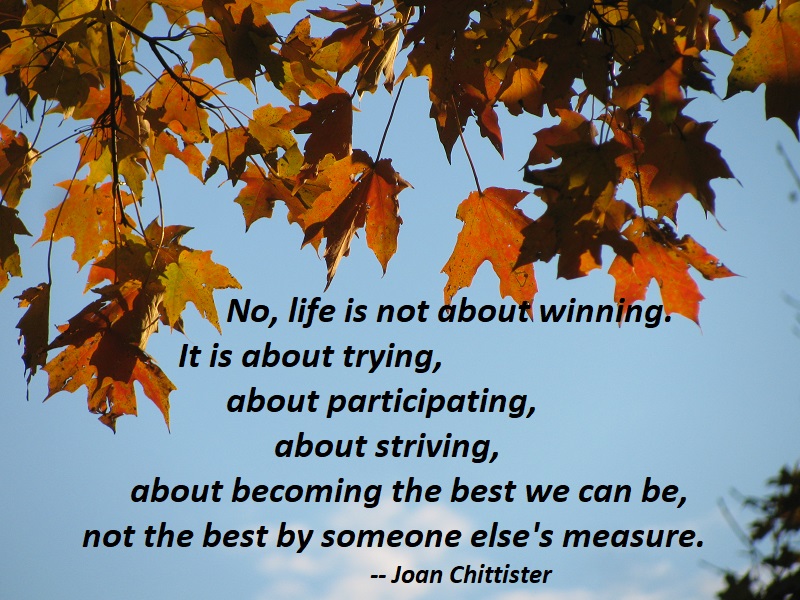
No, life is not about winning. It is about trying, about participating, about striving, about becoming the best we can be, not the best by someone else’s measure. That’s what failure does for us. It teaches us about ourselves: our energy level, our endurance level, what we’re naturally good at and what we’re not, what we like and what we don’t, what it means to do something just for the fun of it. Failure doesn’t mean that we cannot compete; it doesn’t mean not to give everything we have to doing what we do. It does mean that just because we play we don’t have to win. The playing is the thing.
Most of all, it gives us the permission to go through life without public certification. Failure enables us to take risks as we grow until we find where we really fit, where we can not only succeed, but also enjoy the challenges of life as well.
No, winning is not everything. But we will never really know that until we lose a few and discover that the world does not end when we lose. Now it is just a matter of trying again somewhere else, perhaps. Now we’re free to be unnoticed. We’re free to do what we like best, what is needed most, what will bring us to the most we can be: the most happy, the most competent, the most satisfied with who we are and what we do. That means, of course, that we have to make choices about what we want to do and why we want to do it.
— Joan Chittister, Between the Dark and the Daylight, p. 57-58
Photo: South Riding, Virginia, October 29, 2018
